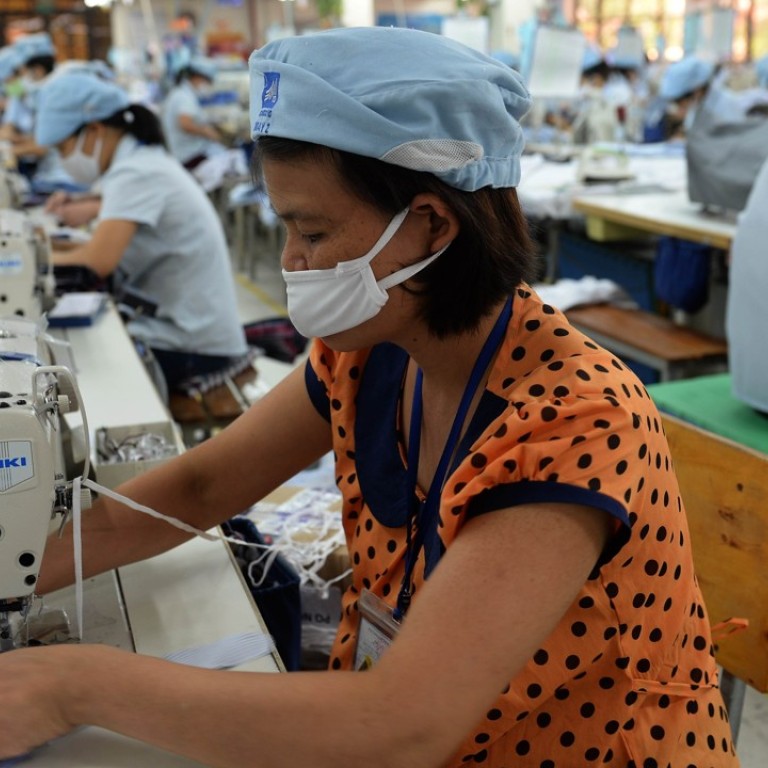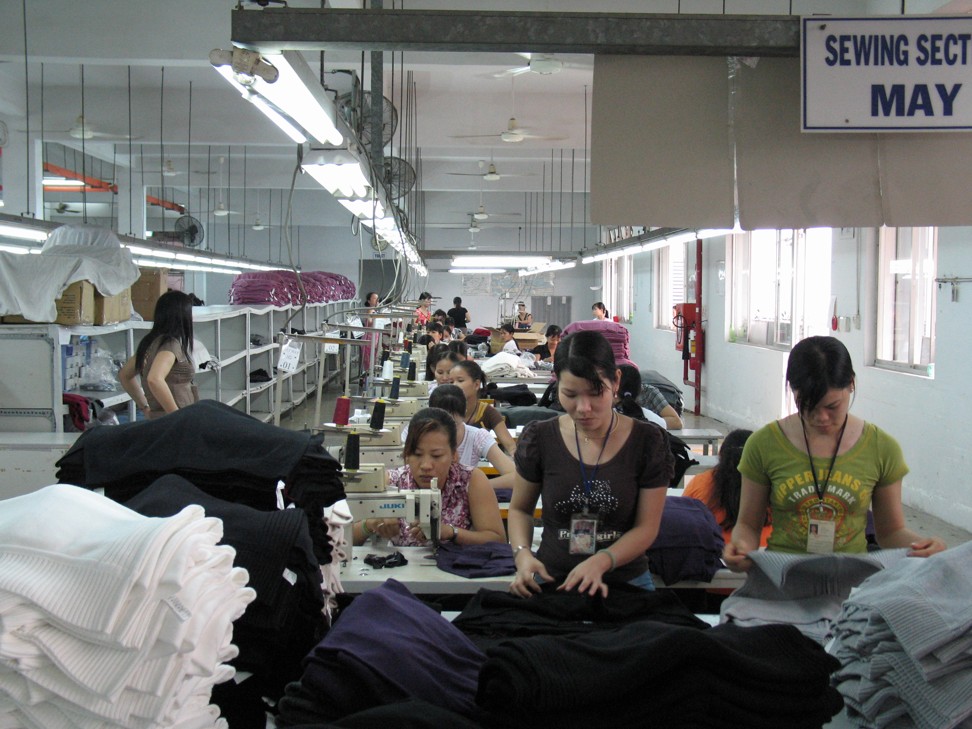
Chinese, Asean suppliers could face fresh challenges under United States-Mexico-Canada Agreement
New deal includes tougher rules on the sourcing of cars and garments
Asian manufacturers could find it harder to sell their products in American markets under a new deal signed by the United States, Mexico and Canada, and could risk long-term isolation in key industries, analysts say.
“In the long term, as long as the supply chains are shifting towards North America, it will be harder for countries elsewhere to break into the North American market,” said Henry Gao, a professor of trade policy at Singapore Management University.
Under the United States-Mexico-Canada Agreement (USMCA) tighter country of origin rules and labour standards for the car and garment manufacturing industries mean production of those products could shift back to North America, which would be a blow to Asian producers.
The deal, announced on Monday, includes tougher rules stipulating that raw materials used in garment manufacturing, such as sewing thread, must be sourced from suppliers in one of the three signatory countries.
“[The rules] are likely to limit the ability of Vietnamese companies to fill demand for inputs in the textiles sector,” said Maxfield Brown, head Dezan Shira’s Business Intelligence Unit for the Association of Southeast Asian Nations.
China ‘threatened with isolation’ by veto written into US-Mexico-Canada trade deal
Vietnam exported about US$60 million worth of sewing thread, pocketing fabric, narrow elastic bands and coated fabric to the three nations last year, according to figures from Dezan Shira.
The USMCA also states that 40 to 45 per cent of the all car parts bought by the signatory nations must have been produced by workers making at least US$16 an hour.
“This seems designed to attract car manufacturing back to the US and Canada and away from Asia and Mexico,” said Cuz Potter, an associate professor at the Korea University Graduate School of International Studies in Seoul.
Goodbye Nafta, hello USMCA: Canada and US reach last-minute deal to save trade pact with Mexico
China might also be affected by conditions that prevent USMCA members from signing deals with “non-market economy” countries. Under the terms of their accession to the World Trade Organisation, both China and Vietnam have non-market economy status.
While it is unclear on what grounds USMCA members will determine the status of members, analysts said the clause could be seen as a move by the United States to stop Canada or Mexico signing a free-trade deal with China.
“The USMCA could heighten the debate about when China and Vietnam will shed their NME [non-market economy] status,” said professor Chin Leng Lim from the Chinese University of Hong Kong.
But Carl Thayer, emeritus professor at the University of New South Wales in Australia, said the impact of the USMCA should not be overstated as the deal was built on the North American Free Trade Agreement, whose rules had been in place since 1994.
“Most of effects … have already been absorbed in Southeast Asia,” he said.


